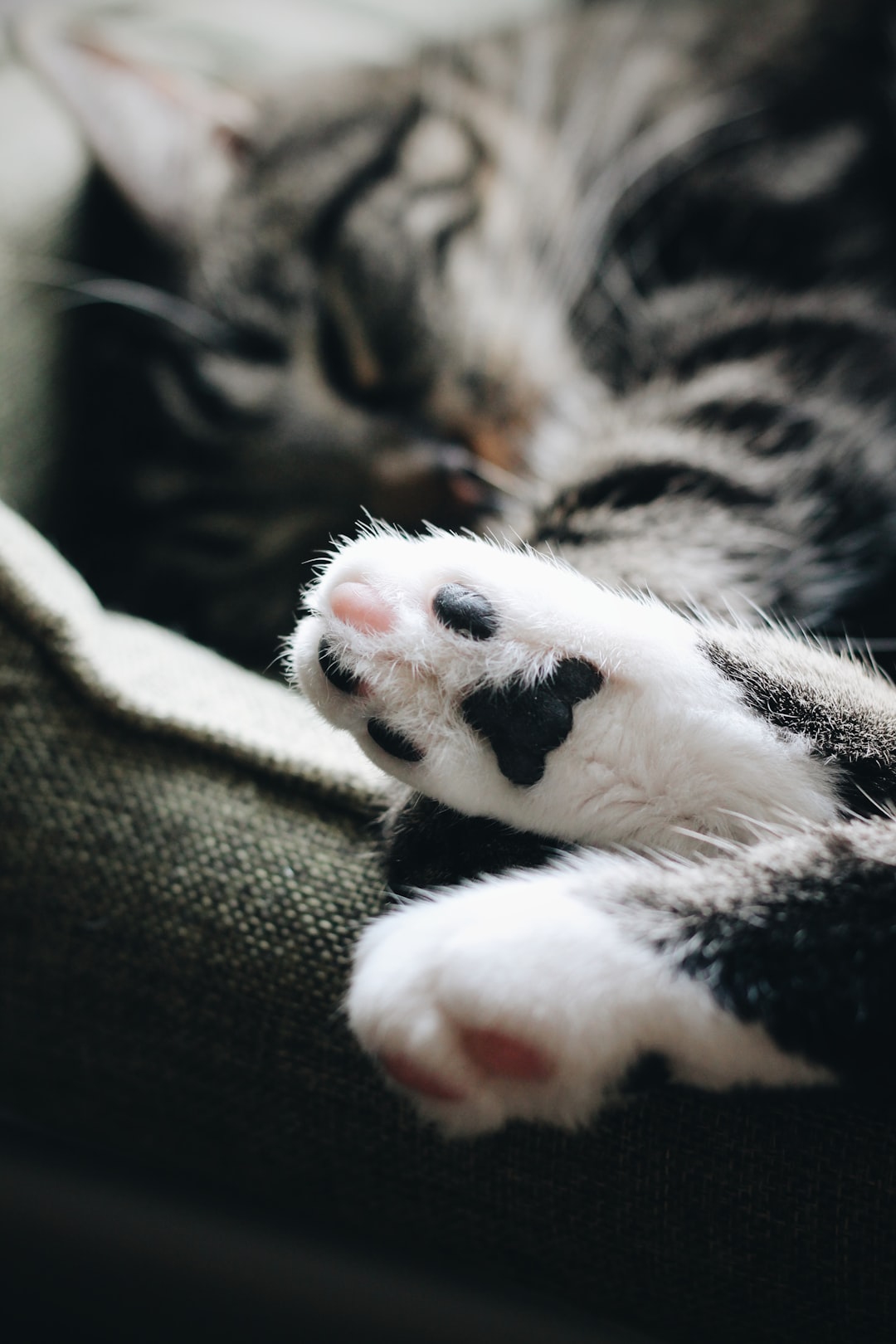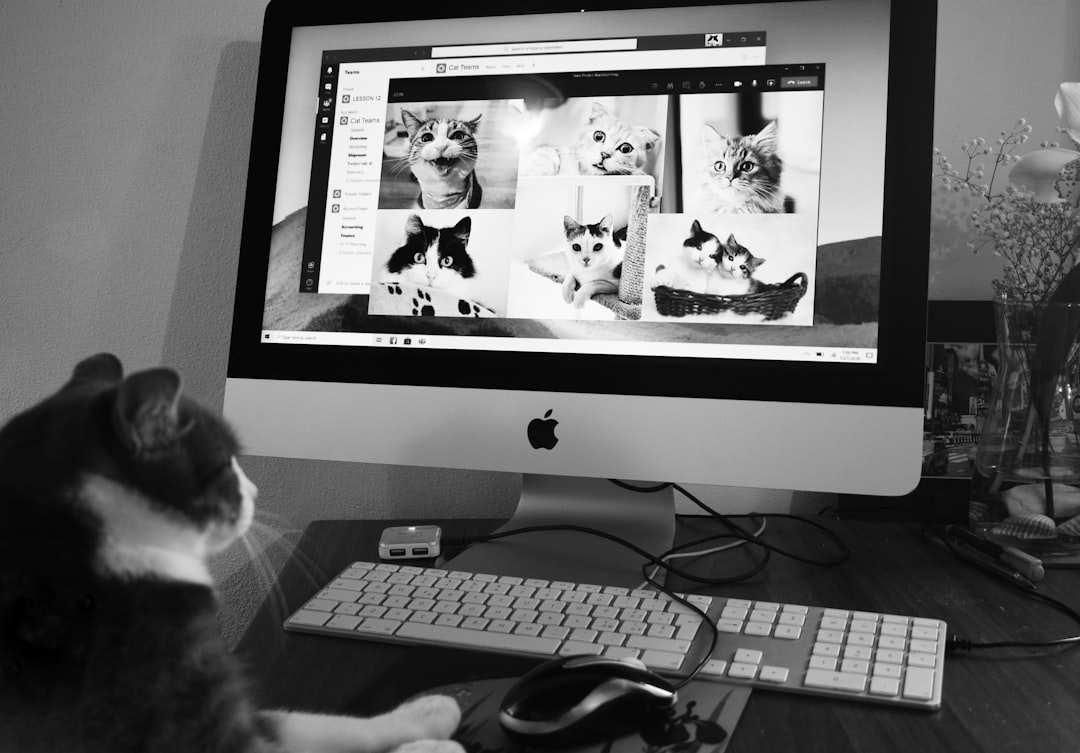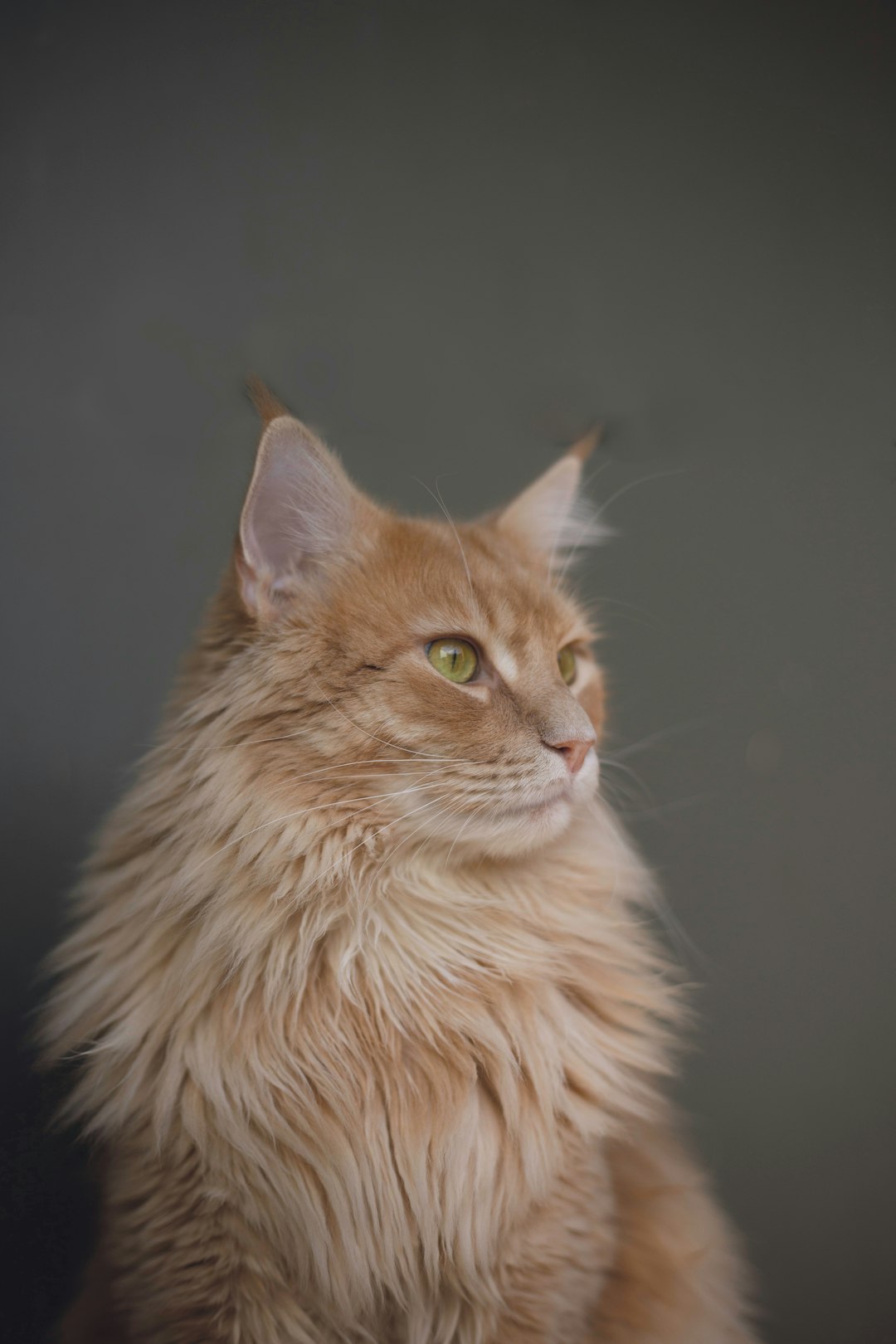Orange kittens captivate the hearts of many with their vibrant coats and playful dispositions. These adorable felines possess unique physical characteristics and distinct personality traits that set them apart from other breeds. However, owning an orange kitten comes with specific responsibilities, including understanding common health issues, nutrition, grooming needs, and training. With proper care, these spirited companions can thrive in a loving home. In this guide, we’ll delve into everything you need to know about raising a healthy and happy orange kitten, ensuring you provide the best environment for your new furry friend.
Physical Characteristics of Orange Kittens
Orange kittens possess unique and endearing physical traits that distinguish them from other breeds. Here’s a quick overview of their characteristics:
- Color: The most defining feature is, of course, their vibrant orange coat. This can range from a soft peach to a deep, rich tangerine.
- Pattern: Many orange kittens have distinctive tabby patterns, such as:
- Mackerel: Thin, parallel stripes running down their sides.
- Classic: Swirling, more pronounced patterns resembling a marble cake.
- Spotted: Spot-like markings scattered across their body.
- Eyes: Their large, expressive eyes often shimmer with hues of gold or green.
- Size: Typically, orange kittens grow to be medium-sized cats, with a healthy weight between 5 to 10 pounds by adulthood.
- Build: They usually have a sturdy build with strong legs, making them agile and playful.
In summary, the orange kitten’s combination of beautiful coat patterns, striking eyes, and solid physique makes them not only a joy to own but also visually captivating companions!
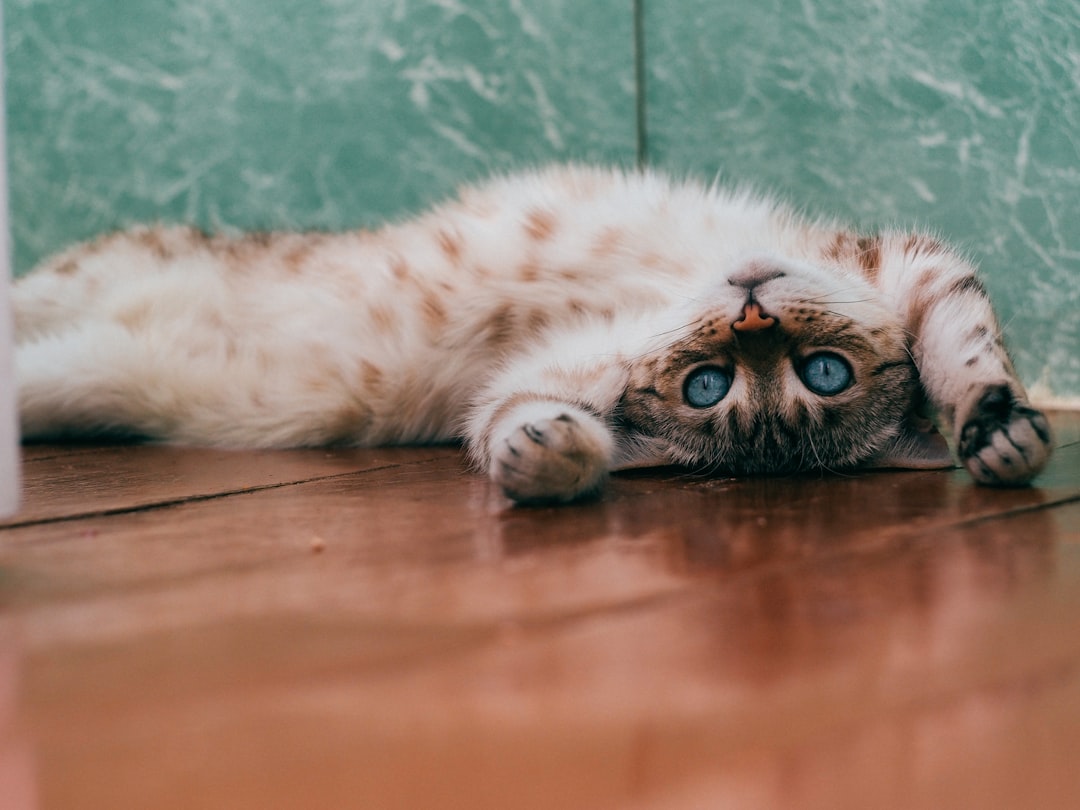
Personality Traits of Orange Kittens
Orange kittens are well-known for their vibrant personalities, which often charm their owners. Here are some distinct traits commonly observed in orange kittens:
Affectionate: Orange kittens tend to be very loving. They often enjoy cuddling and being close to their humans, establishing strong bonds.
Playful: Full of energy, these kittens love chasing toys and exploring their environment. Their curious nature often leads to entertaining antics.
Sociable: Orange kittens are generally friendly, making them excellent companions for families or other pets. They usually adapt well to new people and situations.
Intelligent: Many orange kittens display a keen intellect, often learning commands and tricks quickly. They thrive on mental stimulation.
Vocal: Expect your orange kitten to be quite chatty! They often express their feelings with soft meows or purrs.
Understanding these personality traits can help potential owners appreciate the joy of raising an orange kitten. Their combination of affection, playfulness, and intelligence makes them remarkable and lovable pets.
Common Health Issues in Orange Kittens
An orange kitten can bring joy and companionship, but it’s essential to be aware of potential health issues that may affect their well-being. Here are some common concerns:
Respiratory Infections: Orange kittens may be prone to upper respiratory infections, which can manifest as sneezing, nasal discharge, or coughing.
Dental Problems: They often face dental issues, such as gingivitis and periodontal disease, which can start at a young age.
Feline Leukemia Virus (FeLV): This virus can be more common in certain breeds, including some orange kittens, and can severely impact their immune system.
Obesity: Due to playful behavior, they may overeat if not monitored, leading to obesity-related health issues over time.
To ensure a healthy orange kitten, consider these preventive measures:
- Regular veterinary check-ups
- A balanced diet tailored for kittens
- Routine dental care
By keeping an eye out for these issues and providing proper care, you can help your orange kitten thrive into a healthy adult cat.
Nutrition and Diet for Orange Kittens
Proper nutrition plays a crucial role in the health and development of your orange kitten. Here are some key points to consider:
High-Quality Kitten Food: Choose a balanced diet specifically formulated for kittens. Look for foods rich in protein, vitamins, and minerals.
Age-Appropriate Diet: Orange kittens require higher calorie intake compared to adult cats. Feeding them kitten-specific food ensures they get the necessary nutrients for growth.
Wet vs. Dry Food:
Type Advantages Disadvantages Wet Food More hydration, palatable Can be costly, shorter shelf life Dry Food Convenient, dental benefits Less moisture, may lack certain nutrients Feeding Schedule: Establish a routine with several small meals throughout the day. Adjust as your orange kitten grows.
Fresh Water: Always provide fresh water, encouraging hydration alongside their diet.
In summary, maintaining a balanced diet tailored for your orange kitten will promote healthy growth and vibrant energy, ensuring they thrive in their new home.
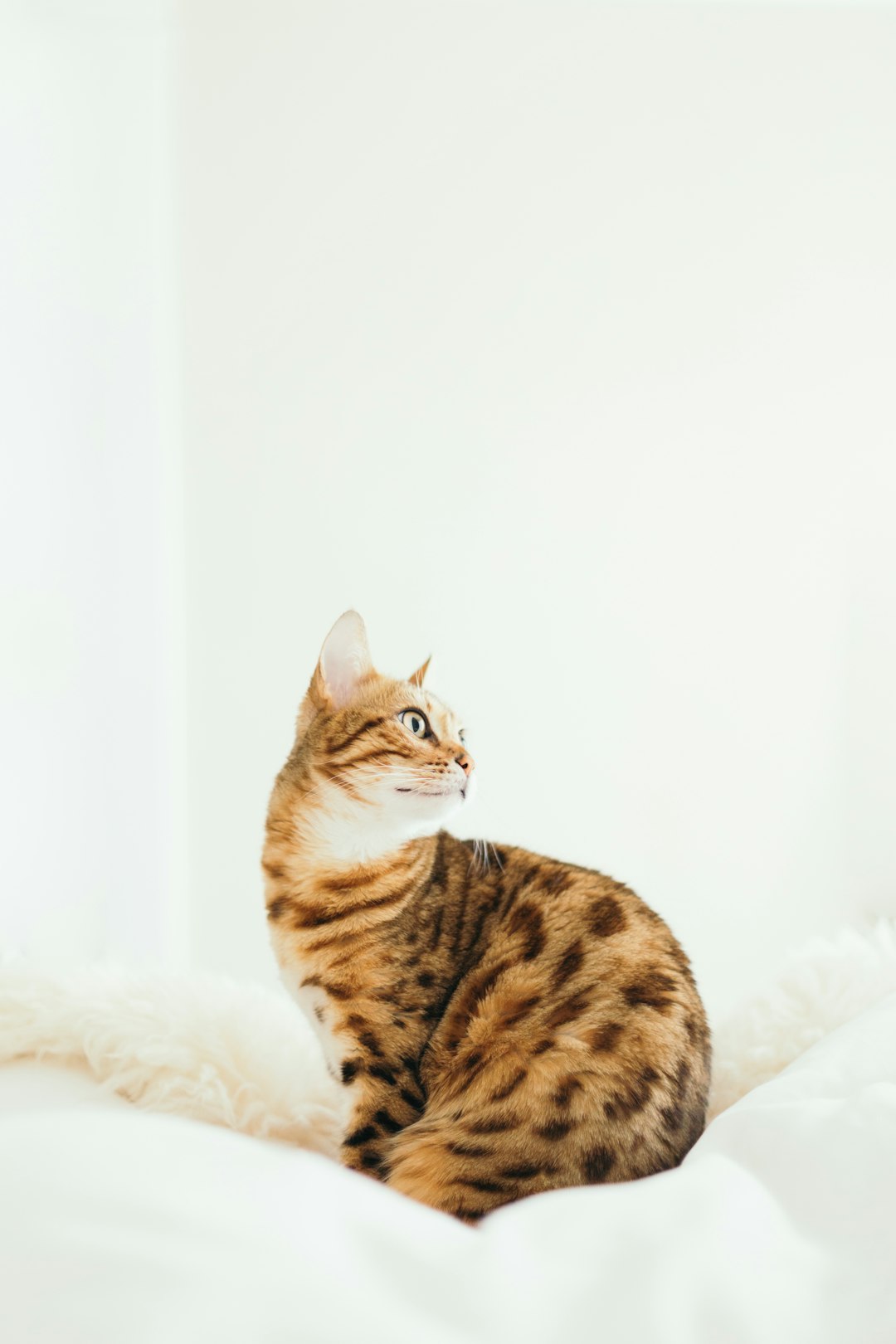
Grooming Needs for Orange Kittens
Caring for an orange kitten involves more than just providing food and shelter; grooming is essential for their health and well-being. Here are some important grooming needs to consider for your orange kitten:
Brushing: Regular brushing helps remove loose fur and reduces matting. Aim for:
- Short-haired orange kittens: Brush once a week.
- Long-haired orange kittens: Brush every other day.
Bathing: Generally, orange kittens don’t require frequent baths. However, if they get into something dirty:
- Use a mild cat shampoo.
- Bathe only when necessary to avoid skin irritation.
Nail Clipping: Keep your orange kitten’s nails trimmed to prevent injury and furniture damage. Check nails every 1-2 weeks.
Ear Cleaning: Inspect your kitten’s ears weekly for dirt or wax buildup. Gently wipe the outer ear with a damp cloth.
Dental Care: Promote dental health with regular teeth brushing using a cat-specific toothpaste.
By establishing a grooming routine early on, your orange kitten will grow into a happy and healthy adult cat.
Training Recommendations for Orange Kittens
Training your orange kitten is essential for fostering good behavior and ensuring a happy household. Here are some effective tips to guide you:
Start Early: Begin training as soon as you bring your orange kitten home. Kittens are more receptive to learning from a young age.
Use Positive Reinforcement: Reward your orange kitten with treats, praise, or playtime when they follow commands or exhibit good behavior. This encourages them to repeat those actions.
Keep Sessions Short: Kittens have short attention spans. Aim for training sessions of 5-10 minutes to keep them engaged and excited.
Socialization: Expose your orange kitten to various environments, sounds, and people. This helps them grow into a well-adjusted adult cat.
Basic Commands: Teach your orange kitten fundamental commands such as "sit," "come," and "stay." This not only aids in their training but also enhances your bond.
Scratch Training: Redirect their scratching habits by providing scratch posts and reinforcing their use instead of furniture.
By following these training recommendations, you can raise a well-mannered orange kitten that fits seamlessly into your home!
Best Environment for Raising an Orange Kitten
Creating the right environment for your orange kitten is essential for their happiness and development. Here are key elements to consider:
Safe Space: Designate a cozy area where your orange kitten can feel secure. A quiet corner with a soft bed and accessible litter box is ideal.
Play Zones: Orange kittens are playful and curious. Include diverse play areas with:
- Scratch posts
- Climbing shelves
- Safe toys to stimulate their natural instincts
Temperature Control: Ensure a comfortable temperature. Kittens prefer warmth, so avoid drafty areas, especially during colder months.
Vertical Space: Provide vertical structures like cat trees or shelves. This allows the orange kitten to explore and exercise, which is crucial for their physical and mental well-being.
Interactive Environment: Incorporate interactive features, such as cat-approved safe plants, to enrich their surroundings.
Remember, an engaging and secure environment not only entertains your orange kitten but also nurtures their active and playful personality!
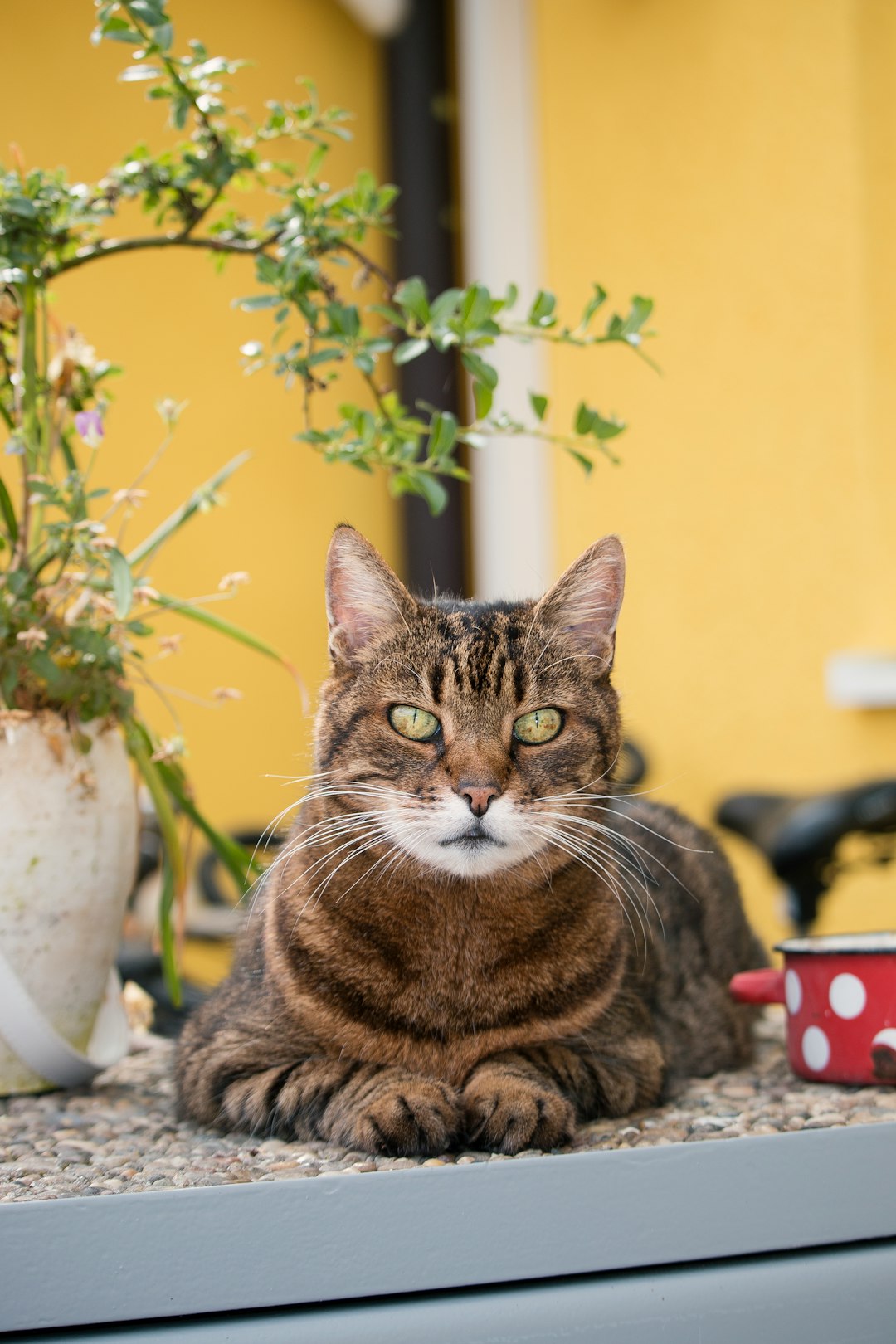
Fun Activities and Toys for Orange Kittens
Engaging your orange kitten in fun activities is essential for their mental and physical development. Here are some delightful ideas that will keep your furry friend entertained:
- Interactive Toys: Toys that move or make noise stimulate your orange kitten’s hunting instincts. Feather wands and laser pointers are excellent choices.
- Puzzle Feeders: These toys challenge your kitten while rewarding them with treats. They provide both exercise and mental stimulation.
- Climbing Structures: Invest in cat trees or shelves that encourage your orange kitten to climb and explore. This satisfies their curiosity and keeps them active.
- Playtime Sessions: Dedicate at least 15-20 minutes a day to play with your orange kitten. Use various toys to maintain their interest.
- Socialization: Invite friends or family to play with your kitten. This helps them become more comfortable around people and other pets.
With the right activities and toys, your orange kitten will thrive while enjoying their playful nature. Always remember to supervise playtime to ensure safety and prevent accidents!
Frequently Asked Questions
What are the common characteristics of orange kittens?
Orange kittens, often referred to as ginger kittens, usually exhibit a distinct orange or reddish coat that can vary in shades. Their fur can be solid, tabby, or a mix of both. Beyond their adorable appearance, this breed is known for its friendly and sociable nature. They tend to be playful and are often more affectionate compared to other colors. Additionally, many owners note that orange kittens display a charming and curious personality, making them a joy to have as companions.
What should I feed my orange kitten for optimal health?
For optimal health, orange kittens should be fed a high-quality kitten food that provides the necessary nutrients for growth and development. Look for foods that are rich in protein, vitamins, and minerals tailored for kittens. Wet food can be beneficial for hydration, while dry kibble helps maintain dental hygiene. It’s also important to consult your veterinarian to tailor a diet specific to your kitten’s health needs, weight, and activity level, and to gradually transition them to adult food as they grow.
How can I socialize my orange kitten effectively?
Socializing your orange kitten is crucial to ensuring they grow into a well-adjusted adult cat. Start by gently exposing them to various environments, sounds, and people gradually. Spend time playing with them daily, using toys that encourage interaction. Encourage positive experiences during encounters with new people by offering treats and praise. It’s best to introduce them to other pets once they feel comfortable in their new home. The key is to proceed at their pace, making sure they associate human interactions and new experiences with positive feelings.
What are some grooming tips for orange kittens?
Grooming is an essential part of caring for your orange kitten, especially if they have longer fur. Regular brushing helps remove loose hair and reduces matting while also keeping their coat shiny and healthy. Depending on the length of their fur, aim for at least once a week brushing. Additionally, check their ears for dirt or wax buildup and gently clean them as needed. Regularly clip their nails and toothbrush their teeth using products designed for kittens. Starting these grooming routines early can make them more comfortable with the process.

